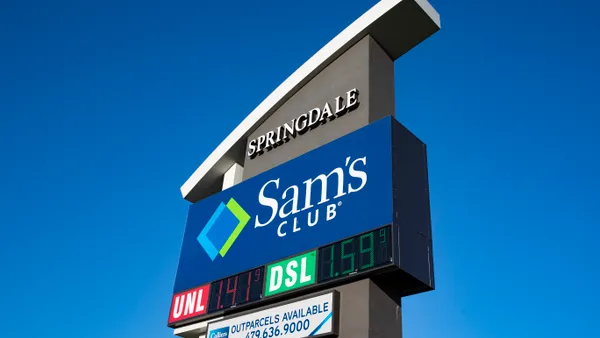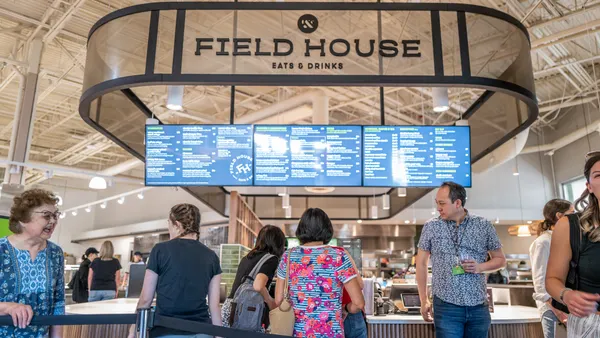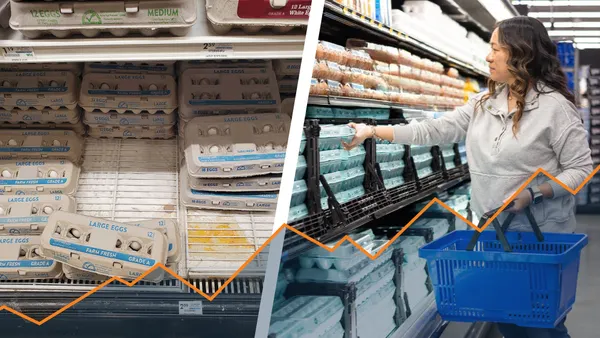Dive Brief:
-
Kroger is launching an "ugly" produce brand called Peculiar Picks that will made up of fruits and vegetables that don't meet typical retail standards for color, shape, or size, according to Food & Wine. The effort is aimed at reducing the more than 6 billion pounds of produce that goes to waste every year, the retailer noted.
-
The new brand is set to go live in the first quarter of 2019. Before this initiative, Kroger would not sell this produce at all. "Our goal is to encourage our consumers to try these items so there is not so much waste," Kroger’s senior innovation manager Nicole Davis told attendees at the U.S. Chamber of Commerce Foundation's Food Forward Summit in Washington, D.C., according to FoodNavigator-USA.
- This project falls under Kroger's Zero Hunger | Zero Waste initiative, which plans to divert unused food and reduce waste across the company by 2025
Dive Insight:
“Ugly” produce, also called “imperfect” or “misfit” produce, isn’t new the industry. The concept has found success in Europe and has been adopted by retailers in the U.S. over the past few years.
In 2016, Whole Foods and Walmart began testing selling undesired fruit and vegetables. Since then, startups like Imperfect Produce and Full Harvest have popped up. Last year, Hy-Vee added Robinson Fresh’s Misfit produce line to almost all of its 242 stores, and Hungry Harvest announced the expansion of its operations as an “ugly” produce delivery service to 30 cities over the next four years.
Ugly produce campaigns seek to reduce food waste, which currently equates to 40% of the food produced in the U.S. A recent analysis by the Center of Biological Diversity and the “Ugly” Fruit and Vegetable Campaign gave none of the largest U.S. grocers an A rating. This includes Whole Foods, Walmart and Kroger, which has been actively trying to reduce food waste since the launch of its Zero Waste | Zero Hunger campaign.
Besides cutting down on the 10% of food waste grocers contribute to, ugly fruit and vegetable campaigns can benefit the grocer as well. It bodes well with the growing number of consumers who make value-based decisions when purchasing goods — often a younger audience. It also helps the grocer and suppliers trim their waste fees and operations. Before these programs existed, excess produce often got tossed in mass quantities. In fact, businesses lose about $940 billion a year on food waste, according to Champions 12.3.
In addition to this latest campaign, Kroger has set a goal of eliminating single-use plastic bags from its store by 2025. According to a statistic cited by the grocer, 100 billion single-use plastic bags are thrown away in the U.S. every year. The U.S. generates more than four million tons of plastic bags a year, and only 13% of it is recycled, according to the Environmental Protection Agency.
Taking on food waste is a long and expensive project but if any grocer can handle it, it’s Kroger. However, it’s not the cost that’s worrisome — it’s the impact these campaigns actually have on food reduction. It's hard to tell just how commercially successful ugly produce is at this point. Consumers are, after all, used to shopping for aesthetic qualities. Retailers, including Kroger, need to take extra steps in addition to diverting and re-branding produce — like making sure their inventory falls in line with consumer demand.











